When Euan Russell was 19, his life was packed with possibility — college, work, martial arts and everything that comes with early adulthood.
So when he noticed a lump developing on his neck, he tried to ignore it.
“At first, I thought it would just go away,” says Euan, now 22. “I didn’t tell anyone — I was 19, and that’s not something that young people go through.”
Even when the lump was diagnosed as diffuse B-cell lymphoma, a type of blood cancer, he still felt the urge to turn his back on it.
He kept working, going out – he didn’t tell his friends what was happening until his hair began to fall out from chemo.
“I just wanted to be me. Not ‘Euan with cancer’. Just Euan,” he says.
But now, with remission behind him and a lifetime of perspective gained in just a few short years, Euan knows the truth.
“Trying to ignore it made it worse. I had to accept it was part of me.”
Euan Russell is in the 1% club for cancer
There is a good chance that many of you reading this will get cancer. The oft-quoted statistic is that one in two people will, at some point in their lives, receive a diagnosis.
But for most, that terrible day will come later in life — after careers are established, identities are formed and life has settled into a rhythm.
For people like Euan – part of the 1% of cancer patients under 25 – it’s different.
Cancer throws your whole sense of self into question, just as you’re beginning to figure out who you are.
“I just wanted to keep being myself,” Euan says. “But once people know, things shift. I felt like if they saw me as ‘the guy with cancer,’ I’d start feeling like that too.”
So he kept it quiet, trying to act like everything was fine.
But things weren’t fine — and eventually, there was no hiding it.
“When my hair started falling out from the chemo, I knew I had to say something,” he says. “So I posted a picture of me getting treatment, flipping the camera off, just to make a bit of a joke about it.”
The response was overwhelming. Support flooded in from people he hadn’t spoken to in years.
“It was nice,” Euan says, “but kind of weird. I appreciated it, but I also didn’t want to feel like a project, or like people only cared because something bad had happened.”
Some friends, though, proved just how deep their support ran. A group of them came to his house one night and shaved their heads in solidarity.
“They didn’t have to do that,” he says. “I gave them terrible haircuts on purpose, but it meant a lot.”
Those awkward nights out with well-meaning friends
But the experience wasn’t always positive. Some people didn’t know how to react and that awkwardness, Euan says, could be harder than the illness itself.
“I remember one night we were out, and a guy I knew just looked at me and started crying. Right there in the bar,” he says.
“He felt bad for things he’d said before, but I didn’t take any of it personally. I just wanted things to be normal. I didn’t want to be someone people cried over.”
Euan underwent chemotherapy and surgery, and then had to fight sepsis too before he was told his cancer was in remission.
He expected things would slowly return to normal. But the life he’d imagined picking up again wasn’t there anymore.
“I thought I could just go back to how things were,” he says. “But I wasn’t the same person. And I had to stop pretending I was.”
He found himself withdrawing — staying in his room, losing motivation, shutting down. What had once been his safe space began to feel like a prison.
“Even though I’d finished treatment, I didn’t feel free. I stopped college, I wasn’t working, and I was just stuck in this limbo where I didn’t know who I was supposed to be anymore.”
Why Euan pushed people away, and the moment that changed
For a while, he avoided confronting what he’d been through.
He didn’t want to talk about it, even with people close to him. He thought pushing it away might make it smaller, less significant. Instead, it only gave the experience more power.
“It took me a long time to realise that trying to forget about it was making it worse,” he says. “Eventually I just had to say — this happened. But it doesn’t define me. It’s just something I’ve been through.”
Accepting that was a turning point. So was reconnecting with others who understood. The Teenage and Young Adult (TYA) support group in Aberdeen became a lifeline — not because they sat around talking about cancer, but because they didn’t have to.
“There’s no awkwardness. You don’t have to explain things. You just get it,” he says. “It’s like we’ve all got these weird bingo cards of surgeries and treatments — it sounds dark, but it’s kind of comforting.”
Euan and the tattoos that mark his cancer journey
With the pressure to “move on” lifted, Euan began to rebuild his life around new parameters. He went back to Soo Yang Do, the martial art he’d practiced since childhood. At first, he couldn’t train fully — he was still recovering — but just being in the room again helped.
“It gave me something to hold on to,” he says. “It reminded me I could still show up. Even if I couldn’t do everything yet, I was still me.”
He started dating again, quickly discovering that in the online world hiding your cancer is not even an option.
“I put [that I had cancer] on my bio because a lot of people would just stop messaging. They’d start talking to me, then I’d say, ‘Oh, by the way, I went through this,’ or ‘I’ve got this,’ and I’d get blocked.”
He also turned to music. A bass player since his teens, Euan found that certain lyrics helped him make sense of the chaos. After treatment, he had three of those lyrics tattooed on his arm — each one representing a different part of his mental journey.
- You think I’m strong — I just pretend.
(from “Disease” by Beartooth) - It’s getting darker, but I’ll carry on.
(from “Doomed” by Bring Me The Horizon) - Nothing’s going to break me.
(from “Judgement Day” by I Prevail)
“They each meant something at the time,” he says. “They still do. It’s like a timeline of what I went through.”
Euan Russell ready to step up for Brave
Euan has now been in remission since January 2023.
Physically, he’s regained his strength. He’s back at work, teaching martial arts again and slowly rebuilding a future.
He’s also signed up to mentor other young people going through cancer. Through the NHS’s buddying programme, he hopes to become the kind of presence he didn’t have when he was first diagnosed.
“It’s not therapy,” he says. “It’s just someone who’s been through something similar. Someone you can talk to, or ask stupid questions, or just sit with when it all feels too much.”
He is also preparing to take to the stage for Brave — Friends of ANCHOR’s annual fundraising fashion show at P&J Live in Aberdeen. Taking place over two nights, Thursday, May 8 and Friday, May 9, the event brings together people who have faced cancer diagnoses, showcasing not just style, but resilience, courage and community.
“Brave isn’t really my thing,” he admits. “But I’m doing it. A few years ago I’d have said no way, but now? I don’t care what people think. I’ve been through worse.”
He laughs, but he means it. That self-conscious 19-year-old who tried to hide his diagnosis is still part of him — but his cancer years have left a deep impression.
Even the scar on his neck, once something he tried to cover with facial hair, has become a symbol of strength.
“I used to hate it. Now I forget it’s there half the time,” he says. “It’s a reminder of what I got through. It doesn’t bother me anymore.”
Meanwhile, at Brave, he’ll be cheered on by his girlfriend, his family, and friends who have stood by him every step of the way.
“There’s a lot more to life than what other people think,” he says.
It’s a lesson he has learned the hard way.
Euan Russell is raising money for Friends of Anchor. Click here to donate.
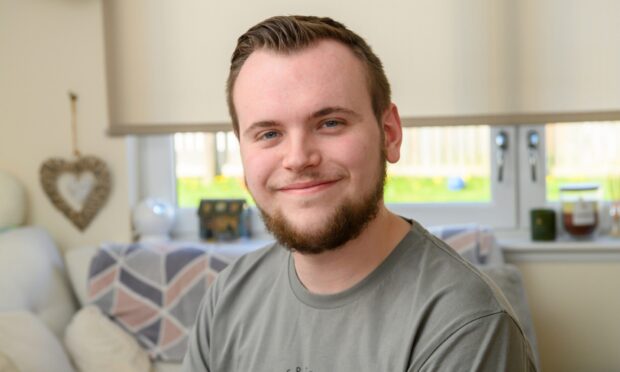
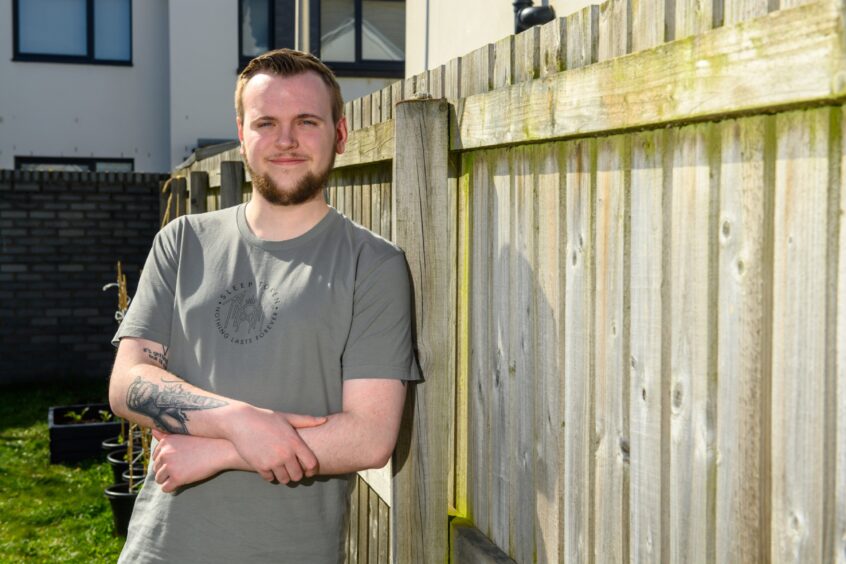
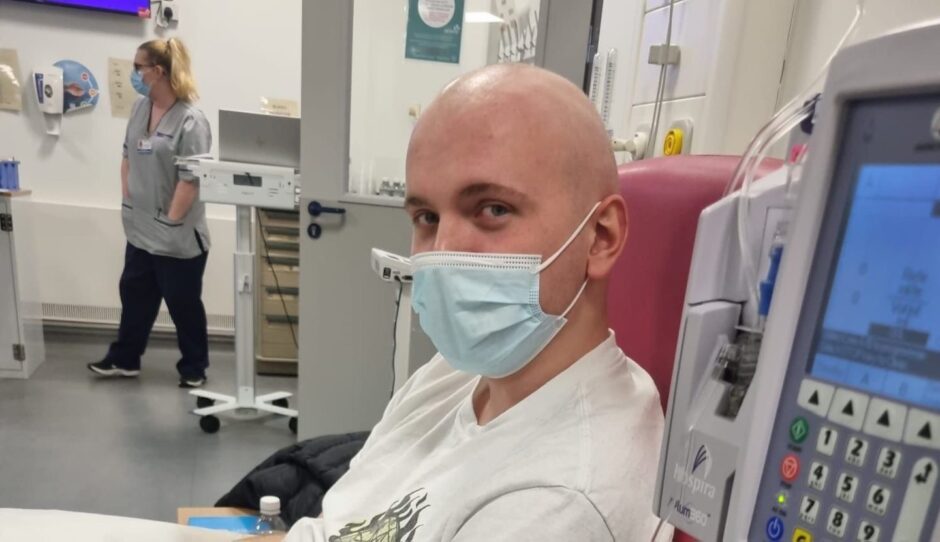
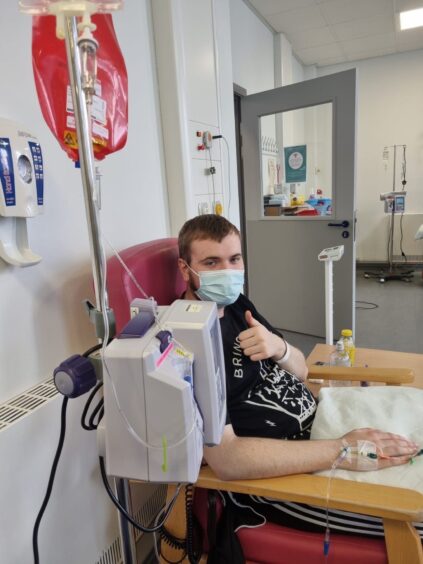
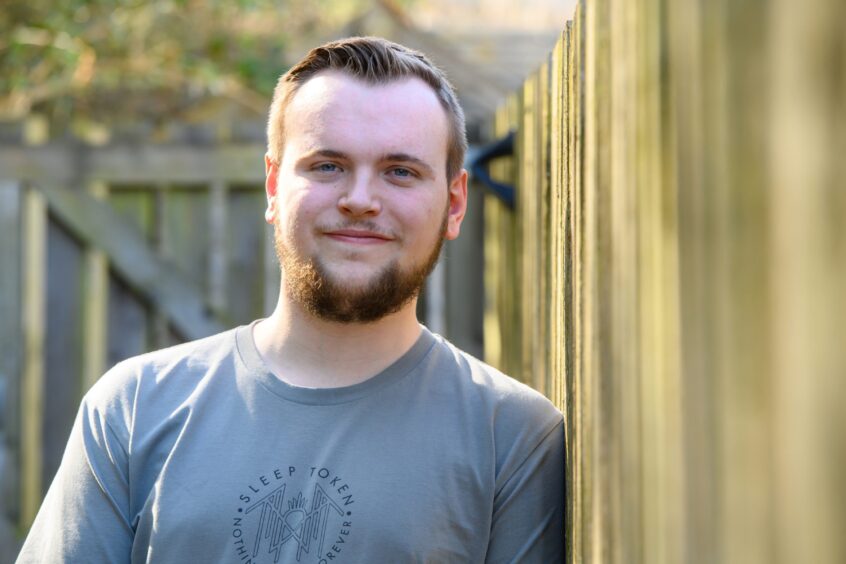
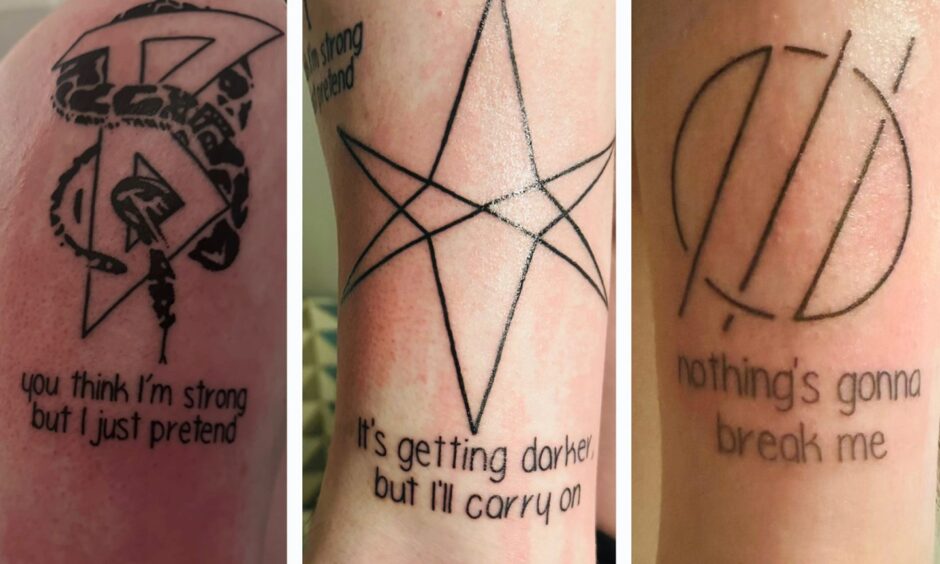
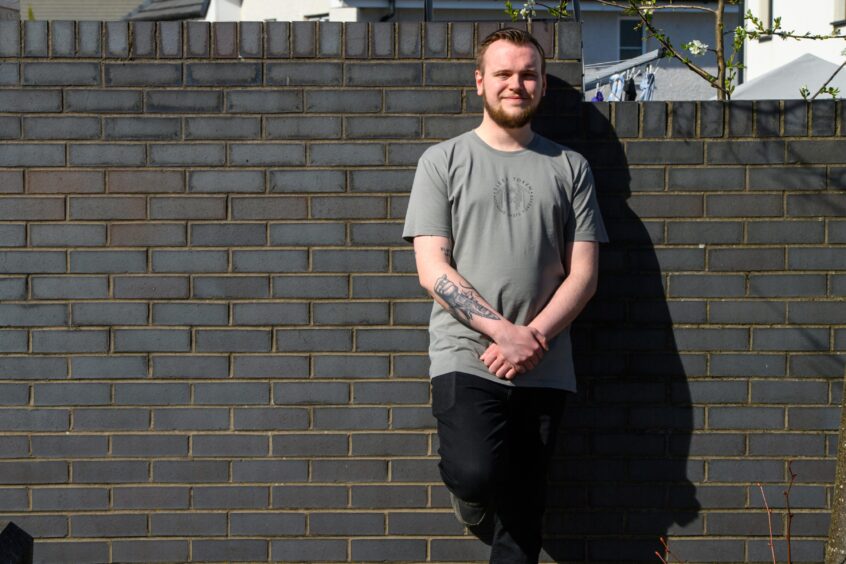
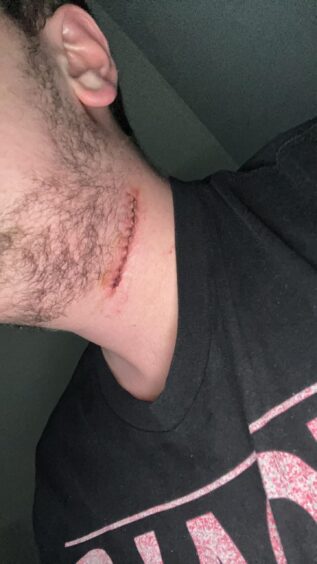
Conversation